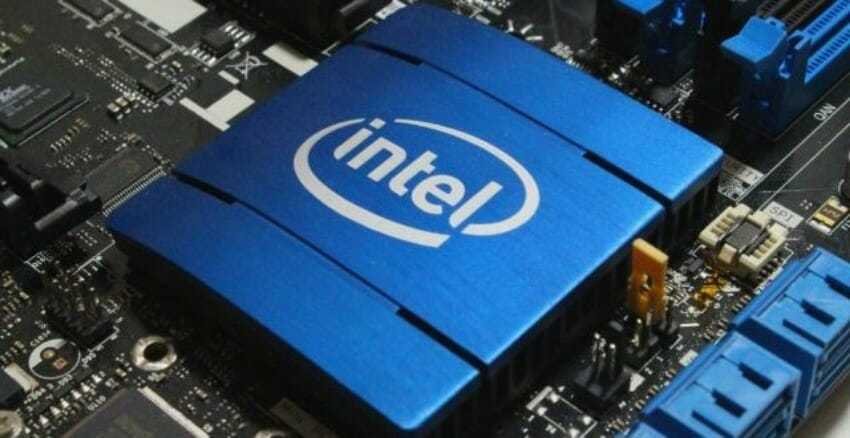Below we will try to decipher it Press Release released by Intel, for the Meltdown and Specter vulnerabilities revealed by Google researchers.
It should be noted that the bugs were detected and reported by Google to Intel since the summer of 2016, but the company delayed the release of updates until all the details were made public.
It was discovered, of course, that the CEO of Intel sold as many shares as it could sell in November, but the company states that the discovery of the defects and the sales of the shares are "irrelevant facts".

Intel's claims in the Press Release are in Bold.
"Intel and other technology companies have been made aware of new security research describing software analysis methods that, when used for malicious purposes, have the potential to improperly gather sensitive data from computing devices that are operating as designed ή στα Ελληνικά Intel and other technology companies have been briefed on a new security investigation that describes software analysis methods that when used to maliciouspurposes, has the ability to collect sensitive data from computing devices that are operating as designed.”
Translation: when the malware steals your data, Intel chips work as designed.
By the way, here we have to add the report Linux creator and Linux Kernel developer Linus Torvalds:
"I think someone inside Intel should really look at their CPUs and admit they have problems instead of writing PR blurbs stating that everything is working as planned."
Intel believes these exploits do not have the potential to corrupt, modify or delete data or
Intel believes that these exploits do not have the ability to distort, modify or delete data.
Translation: We deny everything!
Recent reports that these exploits are caused by a “bug” or a “flaw” and are unique to Intel products are incorrect or The recent reports that these exploits are caused by a “bug” or a “flaw” and are unique to Intel products are incorrect.
Translation: Do not sue us for shipping defective products or we will remember millions of other brands.
Based on the analysis to date, many types of computing devices — with many different vendors' processors and operating systems — are susceptible to these exploits or base analysis to date, many types of computing devices – with multiple processors from various vendors and operating systems – are susceptible to these exploits.
Translation: We were not alone. And if we go down, we will take them all with us.
Intel is committed to the security of its products and customers and works closely with many other technology companies, including AMD, ARM Holdings and various operating system vendors, to develop an industrial approach to resolving this issue quickly and constructively. Intel has started providing software and firmware updates to resolve these exploits. Contrary to some reports, the impact on performance is workload dependent and, for the average computer user, should not be significant and will be mitigated over time.
Translation: Leave us alone.
Intel is committed to best practice in detecting potential security issues, which is why Intel and other vendors had planned to reveal this issue next week, when more software and firmware updates would be available. However, Intel is making this statement today due to current inaccurate media reports.
Translation: We would tell you something next week, but some sites spread fake news, FAKE NEWS….






A correction: These vulnerabilities READ data (which should not be readable). Intel saying that the data do NOT CHANGE, goes under the rug that they can and do read
.
thanks for the correction